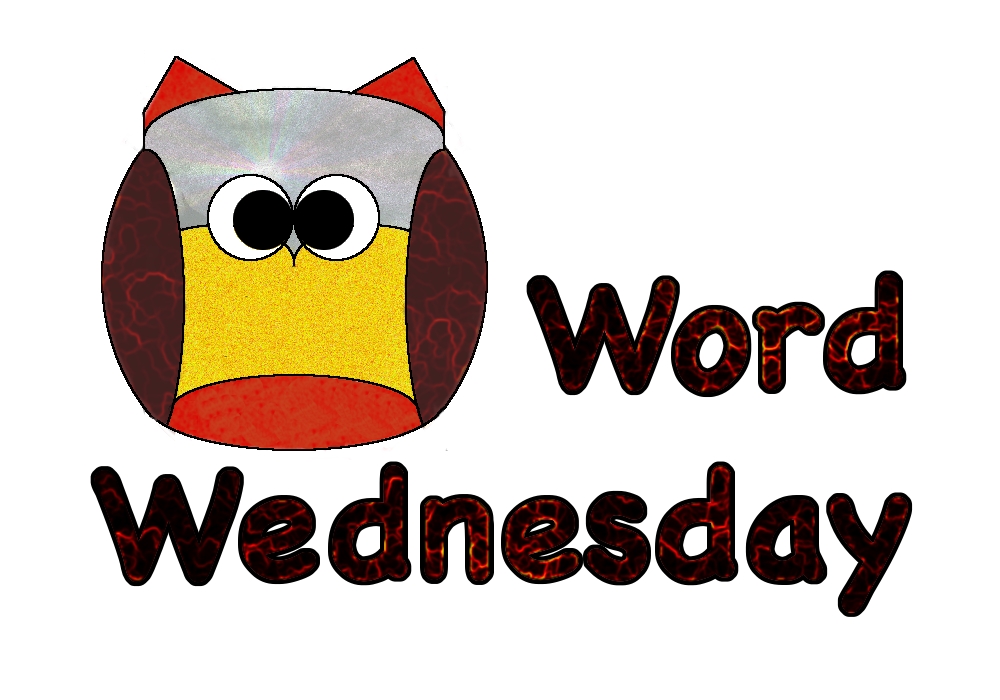 Learning new words and being able to find the word that means exactly what the story needs can mean the difference between a mediocre story and a brilliant one.
Learning new words and being able to find the word that means exactly what the story needs can mean the difference between a mediocre story and a brilliant one.
On Wednesdays we will identify an unusual word, provide its definition, and discuss its application or its impact.
Time for another Word Wednesday!
Today I’m doing my civic duty—jury duty, to be exact. I look forward to sharing my adventures soon.
The words we’re reviewing today became a point of contention while I was writing “Redeeming the Demon’s Daughter.”
I chose to use “heritage” twice, and my husband questioned whether it was the right word in each case.
Here are the two original sentences:
-
“My heritage did not help me either, for I was the daughter of Ravana, the demon who kidnapped their beloved king’s wife.”
-
“Macchanu could not doubt the evidence of his own eyes, for Maiyarab taught him his heritage, taught him to worship and trust in gods.”
After consulting my handy-dandy dictionary and deciding what made more sense, I changed the first sentence to use “lineage” but kept the second sentence as it was.
So what’s the difference?
Heritage:
-
Something handed down from the past, as a tradition
-
Something that comes or belongs to one by reason of birth; an inheritance
-
Something reserved for one
There’s another specific definition used in Law, but I won’t pretend to instruct about the application of a legal term.
Lineage:
-
Lineal descent from an ancestor; ancestry or extraction
-
the line of descendants of a particular ancestor; family
Why did I change Sentence 1?
In the first sentence, Suvi is specifically referring to her father and to her ancestry as a demon. While I also meant her cultural background as a mermaid and a demon, the real meaning I want to convey hinges on her bloodline. So given these definitions, “lineage” describes it better.
Final sentence:
“My lineage did not help me either, for I was the daughter of Ravana, the demon who kidnapped their beloved king’s wife.”
Why didn’t I change Sentence 2?
In this case, Suvi is describing not just her son Macchanu’s parentage, but—more importantly—the cultural and religious aspects of his society and his role in it or obligations to it. So lineage would have changed the meaning of what I was trying to say.
Final sentence:
“Macchanu could not doubt the evidence of his own eyes, for Maiyarab taught him his heritage, taught him to worship and trust in gods.”
